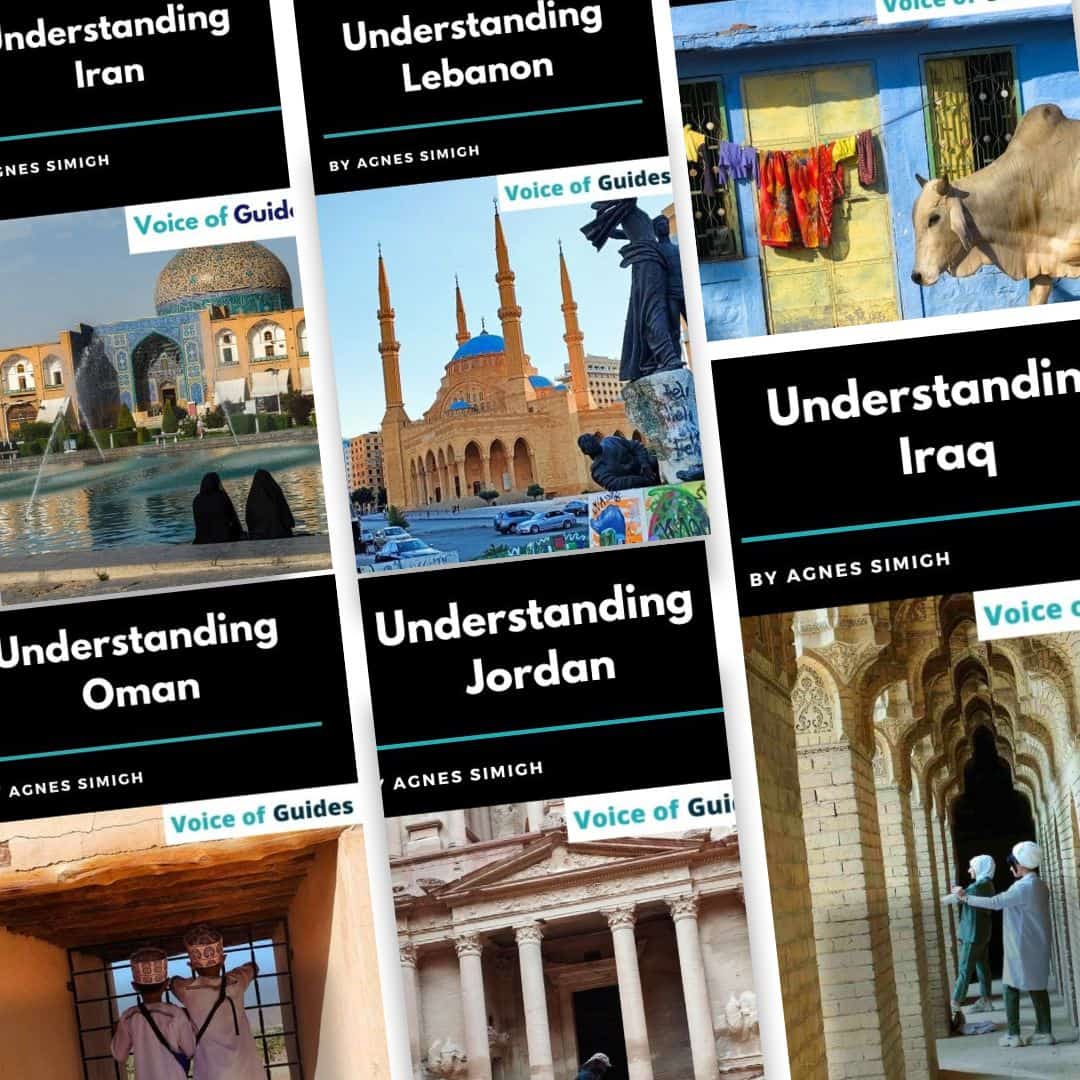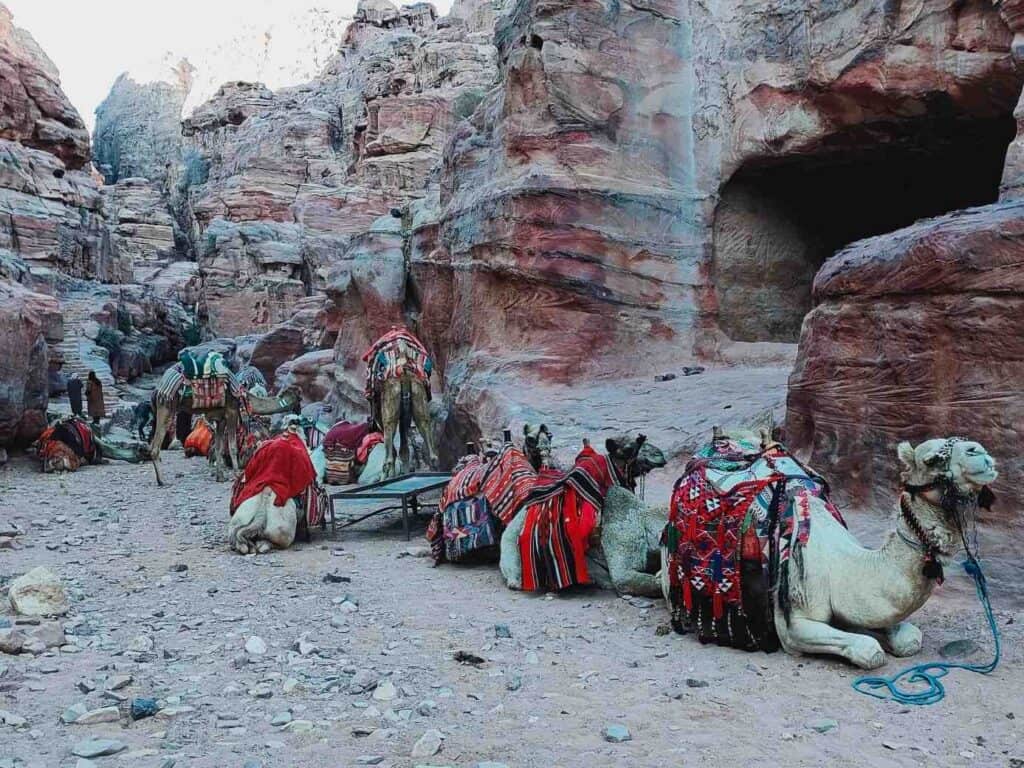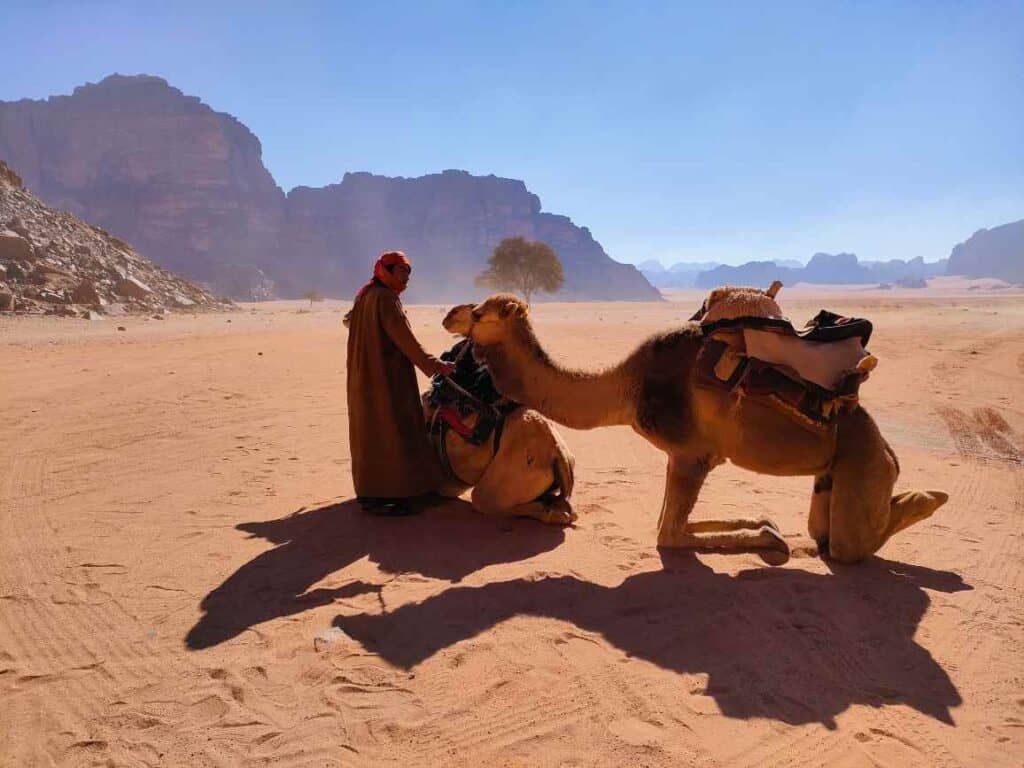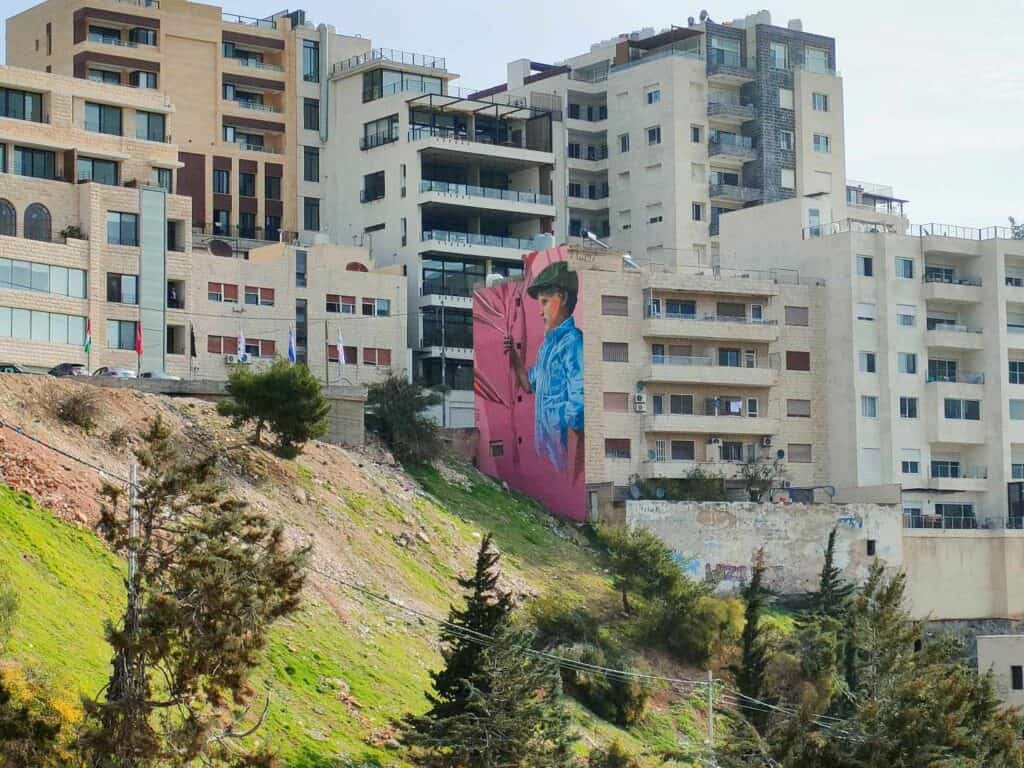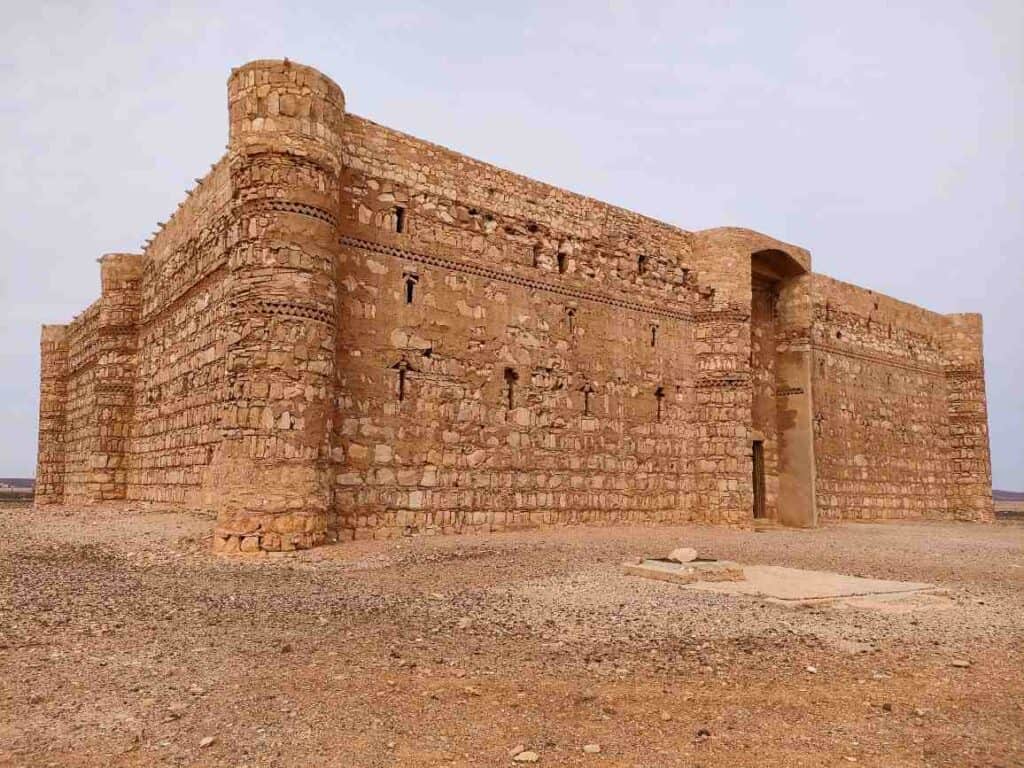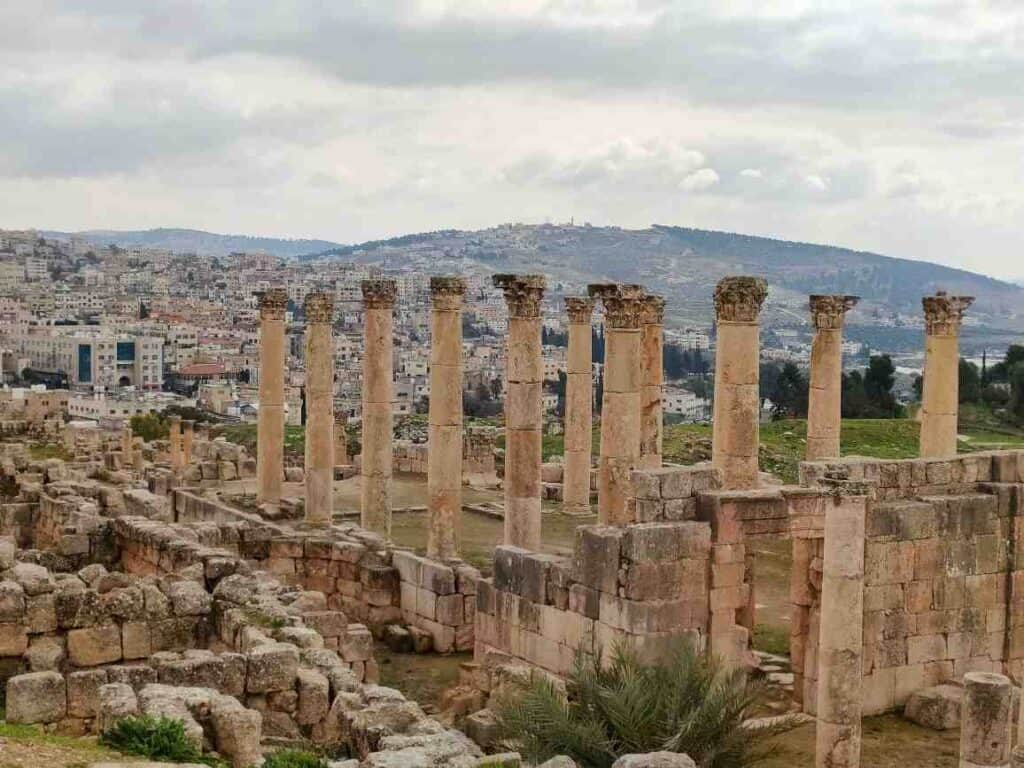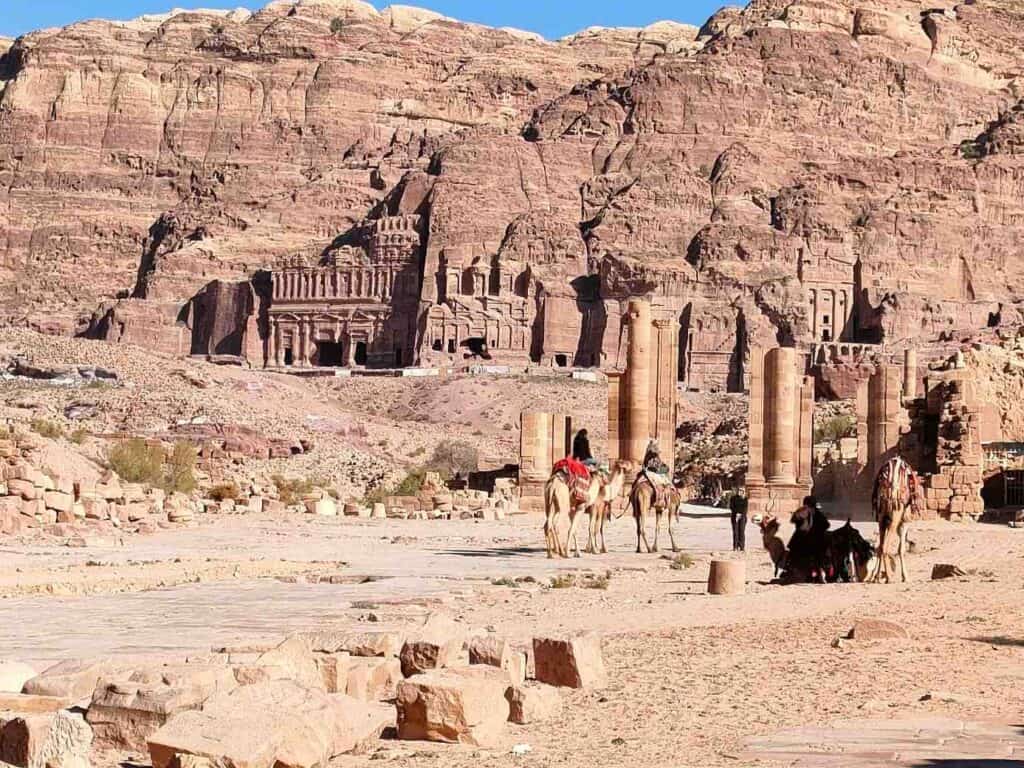Jordan
Why go to Jordan?
While the modern state of Jordan has only existed since the end of WWII, the region east of the Jordan River belongs to the oldest civilizations in the world. The Egyptians, Assyrians, Babylonians, Hittites, Greeks, Romans, Arabs, Turks, Crusaders all set foot here, leaving behind the imprint of their culture.
The full name of the country is the Hashemite Kingdom of Jordan. It comes from Hashim, the great-grandfather of Prophet Mohammed. The royal family considers itself a direct descendant of the Prophet.
King Hussein ruled the country for almost 50 years and acted as a mediator in the region’s conflicts. When he died in 1999, Abdullah II inherited the throne.
Jordan established itself as one of the most popular travel destinations in the Middle East thanks to its extraordinary tourist attraction, Petra. The unparalleled city cut into the pink and red-colored rocks, the Dead Sea, the desert of Wadi Rum with unique shaped cliffs, and the ancient ruins of Jerash make Jordan one of the best travel destinations in the Middle East.
Jordan has a 25 km stretch of coastline by the Red Sea, Aqaba being the diving hub and commercial port.
80% of the country is a desert area, but there are extensive green hilly areas in the north. Amman, the capital, has a central role in every aspect of the country. There are no significant cities to the south of Amman. Three roads run parallel to each other in the North-South direction: the Desert Highway, the King’s Highway, and the Dead Sea Highway.
The Jordan river and its valley mark Israel’s border and run till the Dead Sea. The Jordan is a sacred river to Christians because St. John baptized Jesus in Bethany with its water. Both Jordan and Israel claim the baptism site of Jesus in their territory.
Jordan lies in the middle of the world’s most dangerous zone with Syria on the north, Iraq on the northeast, Saudi Arabia on the southeast, Israel and the West Bank on the West. The Israeli-Palestinian conflict led to the influx of hundreds of thousands of Palestinian refugees after 1947 and 1967. The Iraqi wars severely hit the country’s economy.
Palestinians now make up 60% of the population. Many Palestinians accepted Jordan citizenship, but some refused it not to lose the right to return to their homeland. In addition, after 2011, almost half a million Syrians escaped the civil war and found refuge in Jordan. Refugees are an immense burden on the country’s economy that already struggles with massive unemployment among the youth. The population grew from only four and a half million to 10 million in three decades.
90% of the population are Sunni Muslims, but a larger Christian community makes up approximately 6% of the population. Most of them are Greek Orthodox, their liturgical language is Arabic, but there are Coptic and Armenian Christian communities. Many are the descendants of the first Christians who lived in the Holy Land thousands of years earlier.
Jordan has no oil resources like most Middle Eastern countries, so it heavily depends on tourism and is vulnerable to the region’s events. Thanks to King Hussein’s good relationship with Iraq, the country received oil for a low price during the Saddam era. However, by now petrol prices are soaring in the country.
Languages: Arabic is the primary language, English is spoken in the touristic regions.
Currency: The Jordanian Dinar (JOD) is stronger than the American dollar (1 JOD~1,4 USD). Only local currency is accepted.
Safety: Jordan is one of the safest countries in the Middle East that is ideal for solo female travel.
Insurance: Safetywing is a cheap travel and medical insurance that covers COVID-related issues as well.
Visa: 140 countries are eligible to get the Jordanian pass that includes the e-visa and entry to 40 attractions. Those not eligible for the Jordanian pass must apply for their visa at the Jordanian Embassy in their country of residence. It is less known that those arriving and leaving from Aqaba’s King Hussein International Airport can enter the country without a visa. Please check if this applies to your nationality.
How to visit Jordan?
Renting a car is the best and easiest way to discover Jordan because public transport is limited or takes too much time. Many hotels offer tour packages, or you can rent a car with a driver, however it can significantly increase your travel budget. There are some important things to know to avoid overspending on your trip to Jordan.
Another option is to combine public transport and rent a car for a few days to the Dead Sea, the desert castles, or to Dana, which are hardly accessible by public transport.
Discover Cars has good offers to rent a car.
Where to book your accommodation?
You can easily book your accommodation on booking.com. I also recommend checking out Hotellook which integrates other hotel platforms, like Agoda, thus proposing more options. Hostelworld is another good option for finding low-budget accommodation.
What to visit?
The country is an ideal cultural travel destination where you can spend one or two weeks. Even during 5 days, you can cover the highlights. The desert, the countless wadis (canyons), the Read Sea, and the Dead Sea offer endless opportunities to spend even two weeks.
You can also connect your trip to Jordan with Sharm el-Sheikh on the southern tip of the Sinai Peninsula in Egypt and with Israel.
Local tours in Amman
There are free walking tours (you are expected to give some tips though) every day twice from the Amman Pasha hotel at 10 am and 3 pm. This guided tour gives you a good introduction to the development of Amman, which was not more than the current old town some decades ago. You can sign up for the local tour by sending a message to the following number: +962 79779 9749.
Local tours outside Amman
If you do not have your own car, you can book one or two-day package tours with a driver and a guide.
The most popular tours from Amman are to Jerash-Ajloun-Umm Qais, Dead Sea- Madaba, Petra – Wadi Rum, or hiking in Wadi Mujib Siq Trail (open from 1st April till October).

